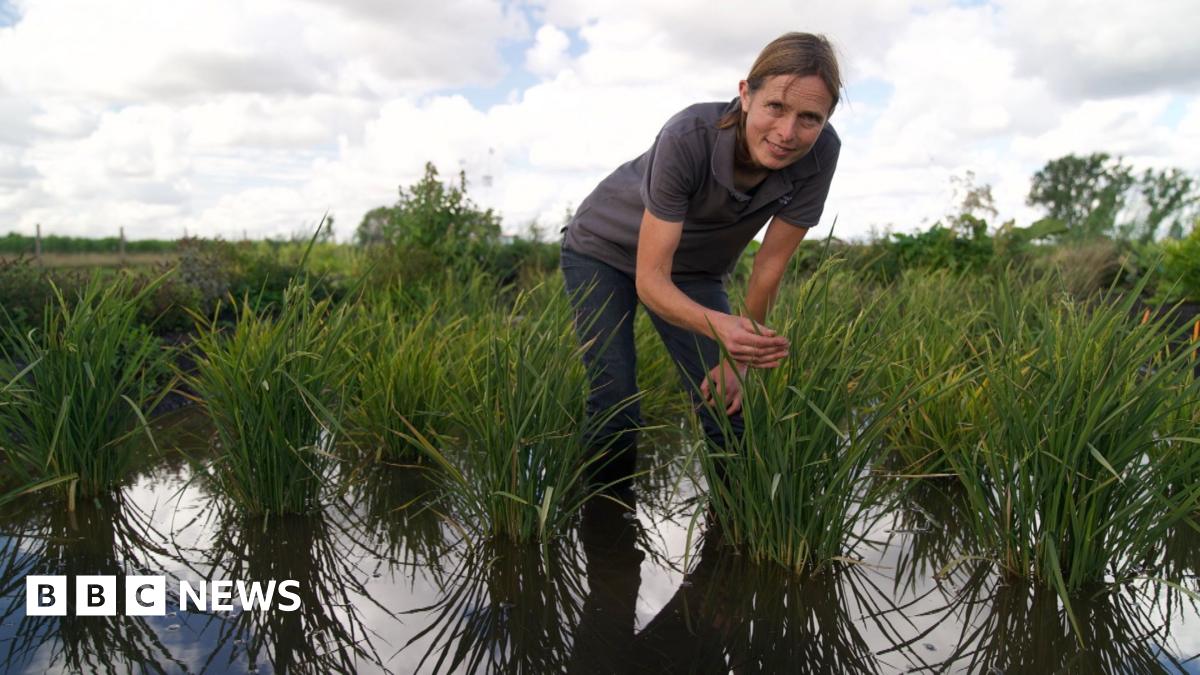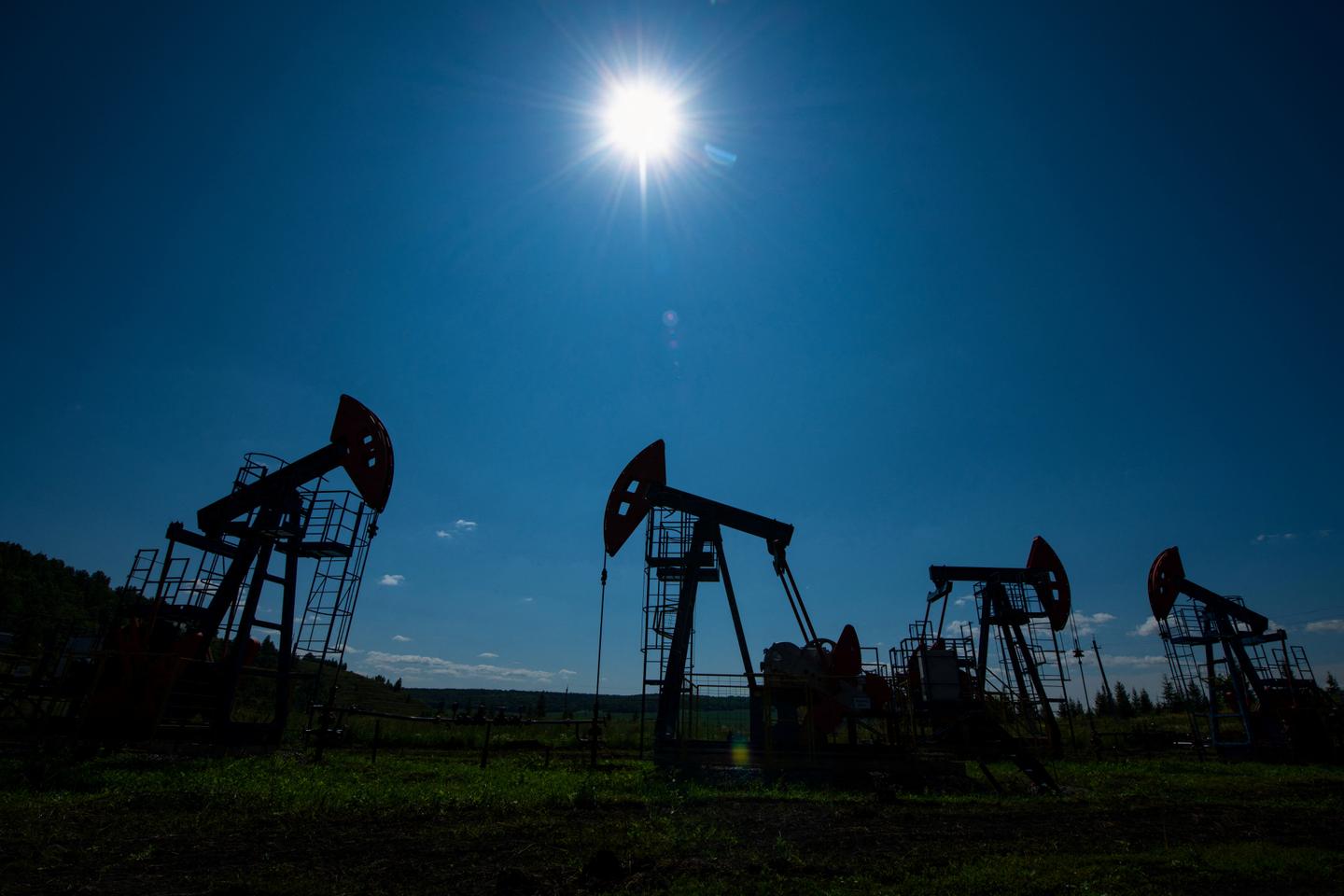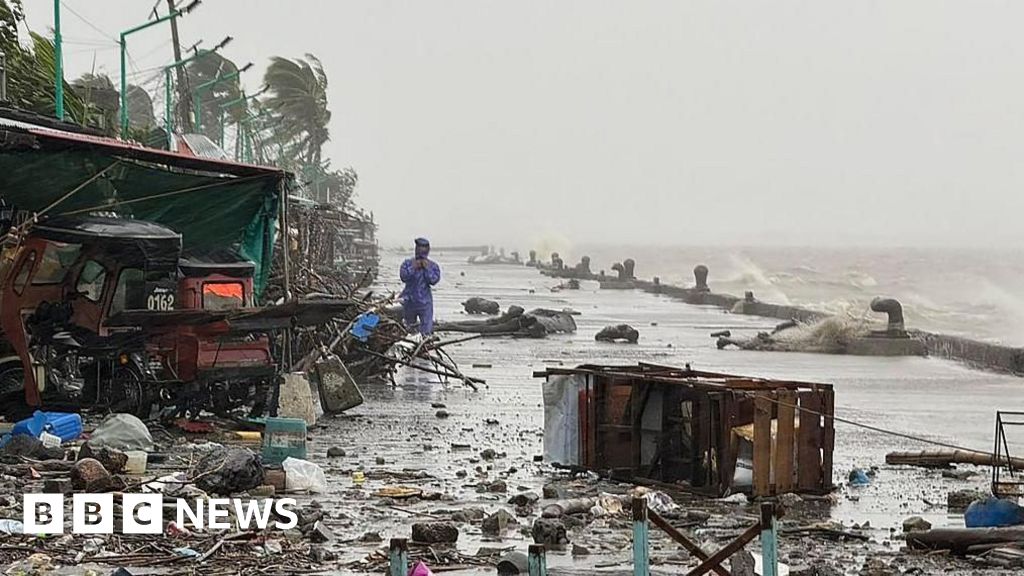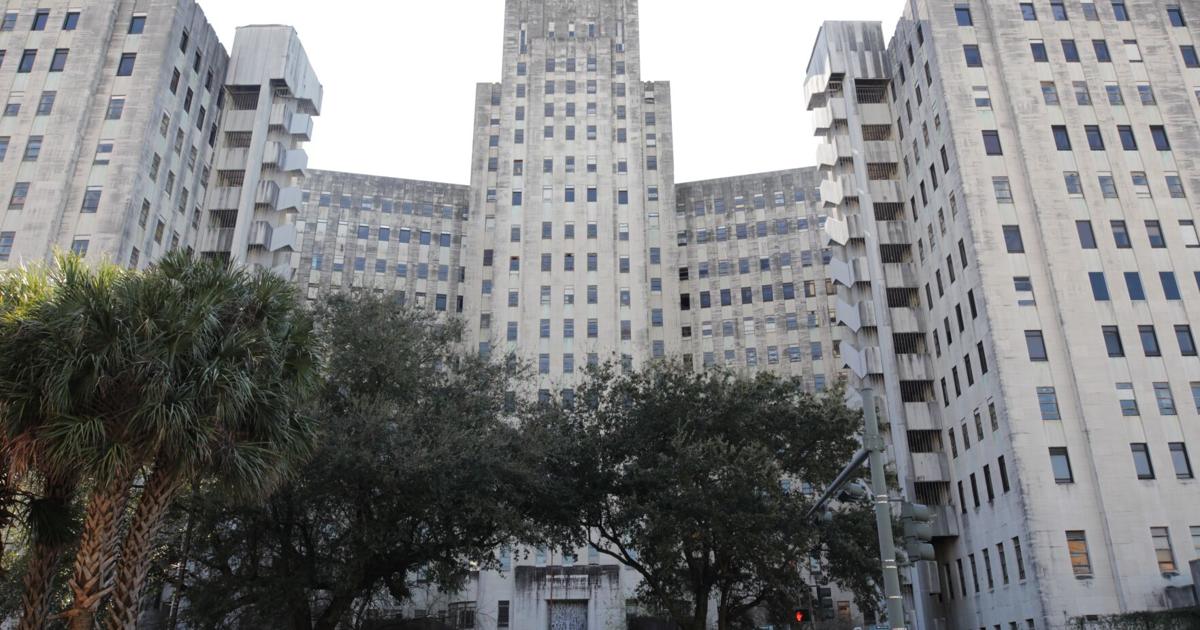"I'm actually amazed because they are big, happy, bushy plants," she says, warning me not to fall over when we step into the calf-deep water.
She points out her favourites. "This is Estrella from Colombia, the best one so far," she says. "But I'm least impressed with this," she says, gesturing to a Japanese rice that has not flowered.
This experiment is the brainchild of the UK Centre for Ecology and Hydrology (UKCEH), in partnership with Craig and Sarah Taylor.
Dozens of plants were planted in four mini paddy fields dug out and flooded on the Taylors' farm a few miles north of Ely in Cambridgeshire.
We often think of rice as a tropical plant, but it does grow in colder climates.
Nine varieties are growing, including from Brazil, Colombia, Italy and the Philippines. They include the stars of the rice world - risotto, basmati and sushi.
The plants did well in the hot, sunny summer, which the Met Office says was the hottest in the UK since records began in 1884.
"Nobody has tried this before, but with climate change, we have crops that, 10 years ago, we wouldn't have thought would be viable. In 10 years time, rice could be a completely perfect crop for us," Nadine says.
This is the very edge of where rice can grow at the moment and it would be a risky crop for farmers to plant commercially, says Prof Richard Pywell who is leading the project for UKCEH.
But Britain's climate is changing quickly. If annual average temperatures warm by between 2 and 4C compared to pre-industrial levels - a scenario that many scientists say is likely - rice could be grown widely in the UK, according to research., external
[SRC] https://www.bbc.co.uk/news/articles/c1wgeq702dyo
 Visit the website
Visit the website





